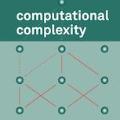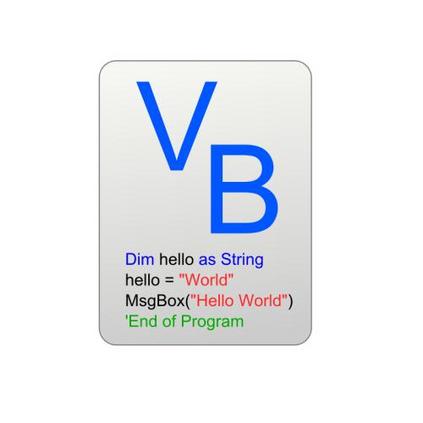Judgment aggregation is a framework to aggregate individual opinions on multiple, logically connected issues into a collective outcome. It is open to manipulative attacks such as \textsc{Manipulation} where judges cast their judgments strategically. Previous works have shown that most computational problems corresponding to these manipulative attacks are \NP-hard. This desired computational barrier, however, often relies on formulas that are either of unbounded size or of complex structure. We revisit the computational complexity for various \textsc{Manipulation} and \textsc{Bribery} problems in judgment aggregation, now focusing on simple and realistic formulas. We restrict all formulas to be clauses that are (positive) monotone, Horn-clauses, or have bounded length. For basic variants of \textsc{Manipulation}, we show that these restrictions make several variants, which were in general known to be \NP-hard, polynomial-time solvable. Moreover, we provide a P vs.\ NP dichotomy for a large class of clause restrictions (generalizing monotone and Horn clauses) by showing a close relationship between variants of \textsc{Manipulation} and variants of \textsc{Satisfiability}. For Hamming distance based \textsc{Manipulation}, we show that \NP-hardness even holds for positive monotone clauses of length three, but the problem becomes polynomial-time solvable for positive monotone clauses of length two. For \textsc{Bribery}, we show that \NP-hardness even holds for positive monotone clauses of length two, but it becomes polynomial-time solvable for the same clause set if there is a constant budget.
翻译:暂无翻译




